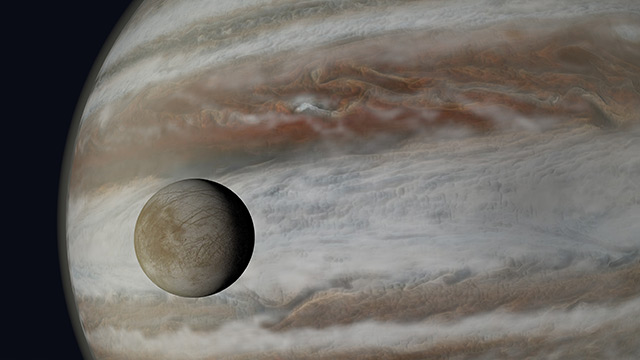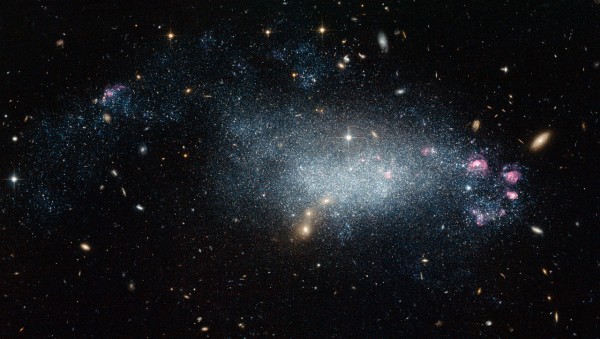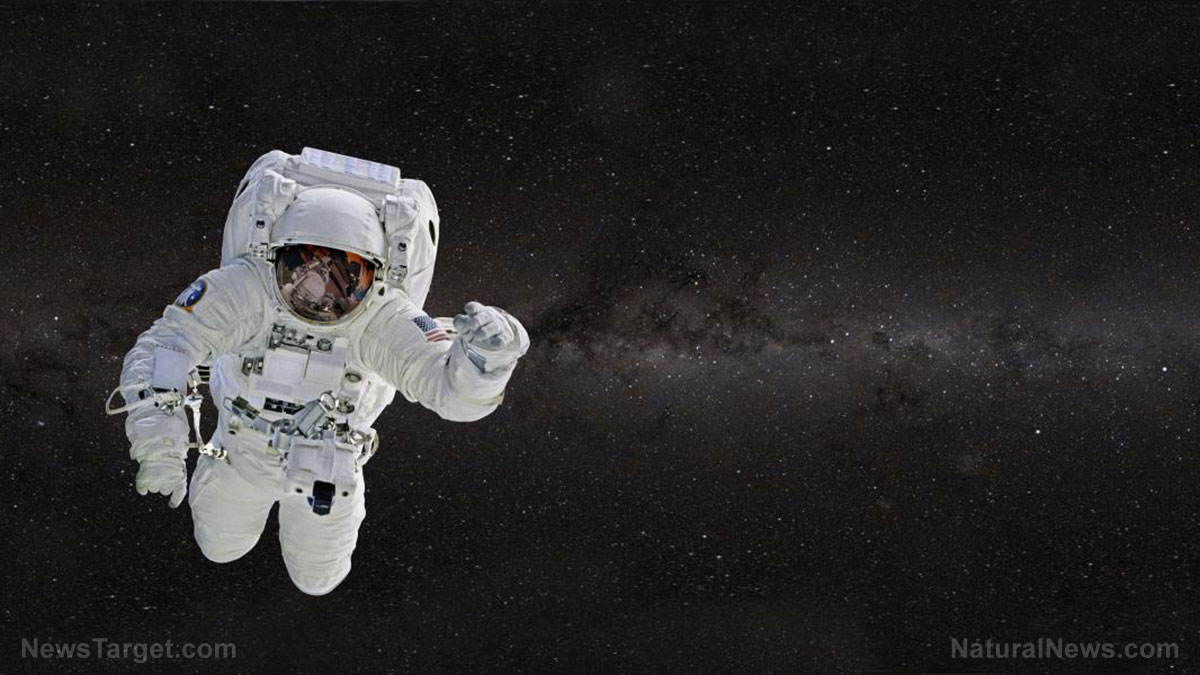10/03/2016 / By spacenews
For the better part of the last three decades, commercial space launch was a specialty of the Russians and the Europeans while the United States lagged far behind. In 2011 and 2012, the United States was responsible for just two of 38 commercial launches while the next largest and most ambitious competitor in the market was identified as China — not the United States.
Article by Duncan Hunter
What a difference a few years have made, thanks to the revolutionary innovation within a surging domestic base for commercial space launch led by SpaceX — an all-American company founded by entrepreneur Elon Musk. And ever since the company first came online in 2002, the commercial space market has been turned on its head as newer and more groundbreaking technology has been developed, tested and certified.
None of these advancements have been without risk, however. On September 1, a SpaceX launch vehicle, the Falcon 9, and a commercial satellite set to launch a few days later were destroyed in an explosion. The incident, while still under investigation, is more proof that endeavors in space remain a hazardous and risky business.
SpaceX’s direct competitor,
United Launch Alliance (
ULA), is now drawing attention to the mishap. As the only two certified launch providers, SpaceX and
ULA are amid a healthy competition to secure a stronghold on launch services in both the commercial and national security spheres.
ULA, as it should, has its sights set on the next GPS III competition — scheduled for award early next year for a launch that won’t occur until 2018 or 2019. And ULA is citing the rocket mishap to undercut the appeal of SpaceX’s affordability given that cost is what drove ULA out of the last round of competition.
In addition to asking for a delay in the next round of bids for sensitive national security space launches, ULA is making a point that cost should be de-emphasized in the source selection criteria for contract awards. Doing so would be far more catastrophic to the future success of American space launch than the loss of a single Falcon 9 rocket and commercial satellite. The requests should be rejected.
Read more at: washingtontimes.com
















